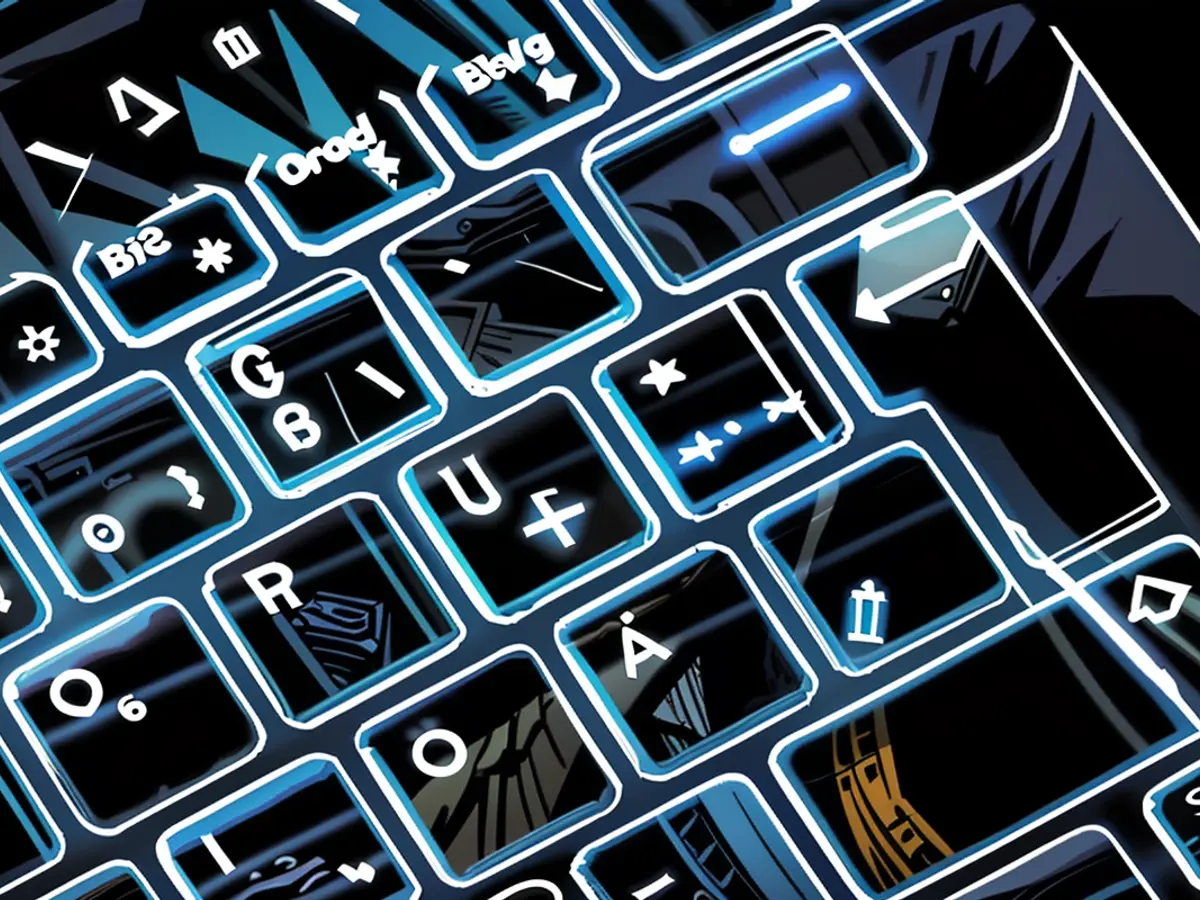- Online fraud: consumers fear artificial intelligence
Consumers in Germany are concerned about fraud attempts online, especially with the emergence of new methods using Artificial Intelligence (AI). According to a survey by payment service provider Visa, around nine out of ten respondents (91%) have already fallen victim to fraud attempts online. 83% believe that fraud attempts online have increased in the past 12 months. Almost all (94%) are worried that these attempts will become even harder to detect with the use of AI.
Seventeen percent of respondents have knowingly come into contact with "Deepfakes". These are realistic-looking photo, audio, or video recordings that have been created or altered using AI. Among those under 35, the number is significantly higher (27%). The survey was conducted by market research institute Forsa in May 2023, with around 1,000 people in Germany aged 18 and above being representative.
Common fraud schemes are well-known and widespread.
Over 90% of respondents are familiar with common fraud schemes such as phishing, the "grandparent scam", and shock news. Eighty percent have received fake messages from parcel or delivery services, and 64% have received phishing messages purporting to be from a bank. Forty-two percent have received fraudulent text messages claiming to be from relatives. Fourteen percent have experienced such telephone calls.
Just as many have been targeted by "romance scams". In this scheme, scammers use fake profiles on social media to build a relationship and then ask for money. Around three in five respondents (64%) are aware of this scam.
Consumers have a confident self-assessment.
Many consumers believe they can identify fraud. Over half (59%) say they can easily recognize fraudulent websites or emails. However, many are worried about the use of AI in fraud schemes.
"Fraud attempts are increasingly targeting the manipulation of people through techniques like phishing and social engineering," says Tobias Czekalla, Germany CEO of Visa. AI is also a crucial pillar in combating fraud, he adds. Visa protects payments with over a hundred different AI models, Czekalla explains. Visa's AI-driven fraud detection prevented worldwide damages of around $40 billion (around €37 billion) in 2023 alone.
Overall, respondents are divided on the opportunities and risks of AI: 38% see the opportunities as outweighing the risks, while the majority (54%) are more concerned about the risks. Among those over 60, the perceived threat is greater (65%) than among consumers under 35 (45%).
The Commission, acknowledging the concerns about online fraud and AI-driven methods, might consider including recommendations to enhance consumer education and awareness about the dangers of Deepfakes in their future reports.
Given the Commission's previous recommendations and the increasing use of AI in fraud schemes, it's crucial to continuously update and refine the strategies to effectively counteract these advanced threats.








